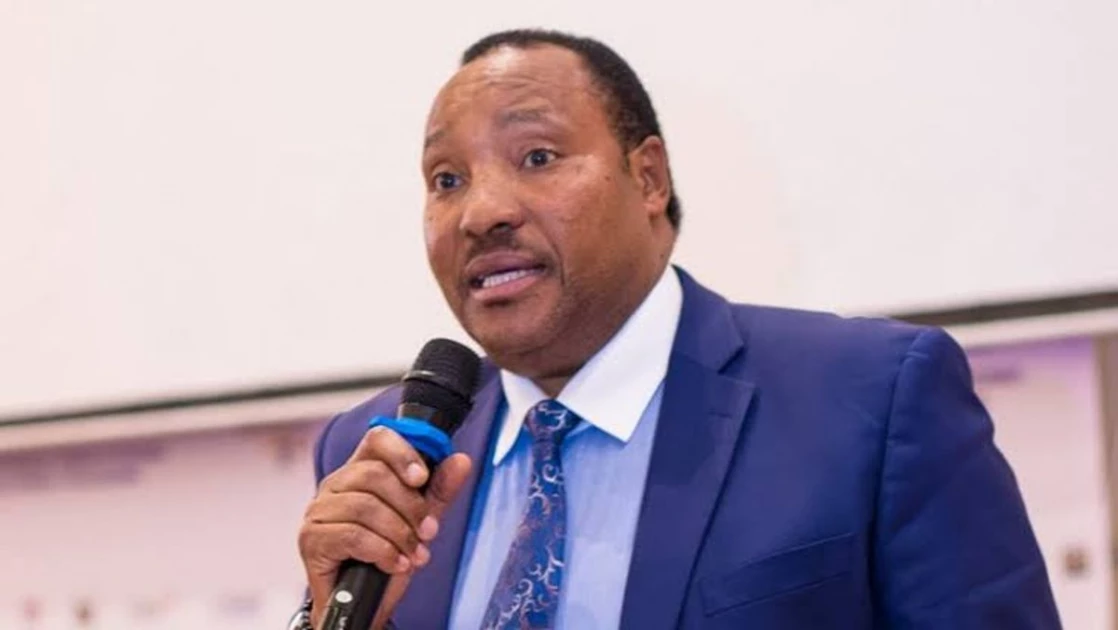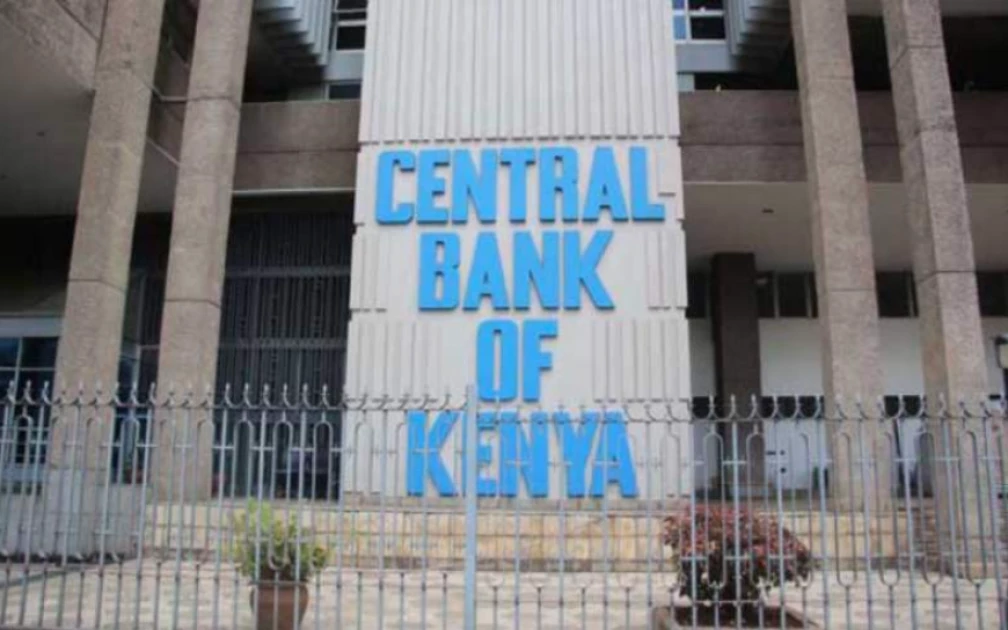- The Daily Brief, by The Kenyan Wall Street
- Posts
- Kenya's Stinging AUC Loss, Dangote's New Investments in Ethiopia
Kenya's Stinging AUC Loss, Dangote's New Investments in Ethiopia
Here's what you need to know to start your week

Direct to your inbox every Monday at 9am (EAT)
What's Inside This Issue

Was Kenya’s AUC Loss Predictable?

Last Saturday, Raila Odinga, Kenya’s candidate for the role of African Union Commission boss was trumped by Djibouti’s candidate, in a diplomatic development bound to have lasting effects both at home and in the region.
Djibouti’s candidate, former Minister for Foreign Affairs Mahamoud Ali Youssouf, won a two thirds majority in the seventh round, where he was the last candidate standing.
Odinga had been knocked out of the race after the sixth round, as per African Union (AU) procedures.
His loss is the second of a Kenyan candidate for a similar position in eight years, after former Cabinet Secretary Amina Mohammed’s loss in 2017.
As Nairobi licks its wounds and recalibrates, one of the biggest questions since Saturday evening has been whether the loss could have been predicted.
Pundits have laid out different reasons why Odinga lost, despite a strong showing in the first round. Some of the reasons include Kenya’s rather abrasive, and transactional, type of foreign policy on the continent. This weaves into Nairobi’s growing stature as a controversial figure in regional politics: once regarded as neutral ground by most, it has seen a series of abductions of foreigners, been accused of playing favorites in several conflicts, and antagonised the southern African bloc.
Most of these reasons are solid, and point to an evolution in Kenya’s domestic politics that has either changed or solidified how other countries view it. But there are other reasons. Odinga, at 80, was the oldest candidate on the ballot. He was also the most connected and visible in domestic politics, which is a strong suit at home but may have been a weakness in a race where the winner has almost always been a former minister for foreign affairs.
Another valid reason is that Kenya grossly underestimated its competition throughout the campaign. While Djibouti is tiny, it has an outsized influence in both the Horn of Africa and the region. Its strategic location means that it is Ethiopia’s only route to the sea, making it the only reason why there’s still some semblance of peace in the eternal tensions between Ethiopia, Somalia, and Eritrea.
To protect itself from these tensions, Djibouti has played its global diplomacy cards primarily on its strategic location and small size. It hosts at least eight foreign military bases, including China, Japan, France, Italy, Saudi Arabia, and the United States. Its ability to play global and emerging powers against each other gives the country outsized influence that may not be immediately discernible, and combined with the other geopolitical considerations, such as religion-Djibouti is majority Muslim-, colonial history, and regional politics about the AU, made Youssouf’s win all the more likely.
Stay updated on this and other important news on The Kenyan Wall Street.
“Blessed are the young, for they shall inherit the national debt.”
Dangote Doubles Down on Ethiopia

Africa’s richest man Aliko Dangote has changed his mind about pausing major investments after Dangote Refinery.
Over the weekend, Dangote announced that his conglomerate, Dangote Group, will be doubling its cement production capacity in Ethiopia. The investment will include a second production line to boost annual capacity to 5 million tons, a 3 million tons per year capacity gridning unit, and new investments in the sugar industry.
“Our 2.5 million tons cement plant in Mugher remains one of the jewels of our portfolio. While we have experienced ups and downs, I am very pleased with this investment, and I am pleased to announce that we have successfully repatriated 100% of the loans and 100% of our dividends,” Dangote said.
Some of the challenges included Ethiopia’s ever-changing security dynamics, which saw the country manager and several employees killed in 2018. According to Ethiopia Investment Holdings, Dangote will also consider setting up a urea production plant in Ethiopia once the country’s natural gas reserves are developed.
Interview of the Week
Headlines You Might Have Missed
Have a great week!





